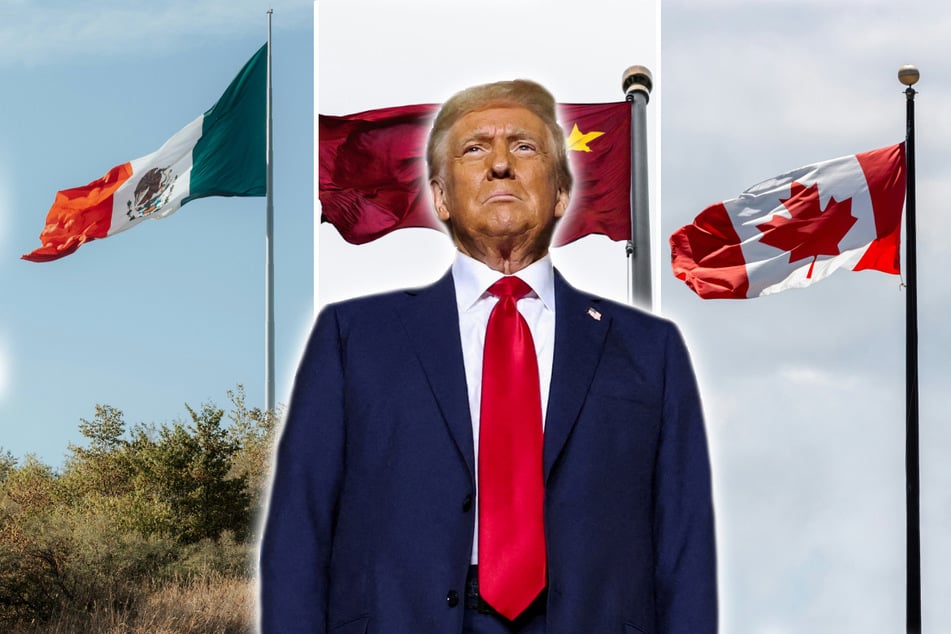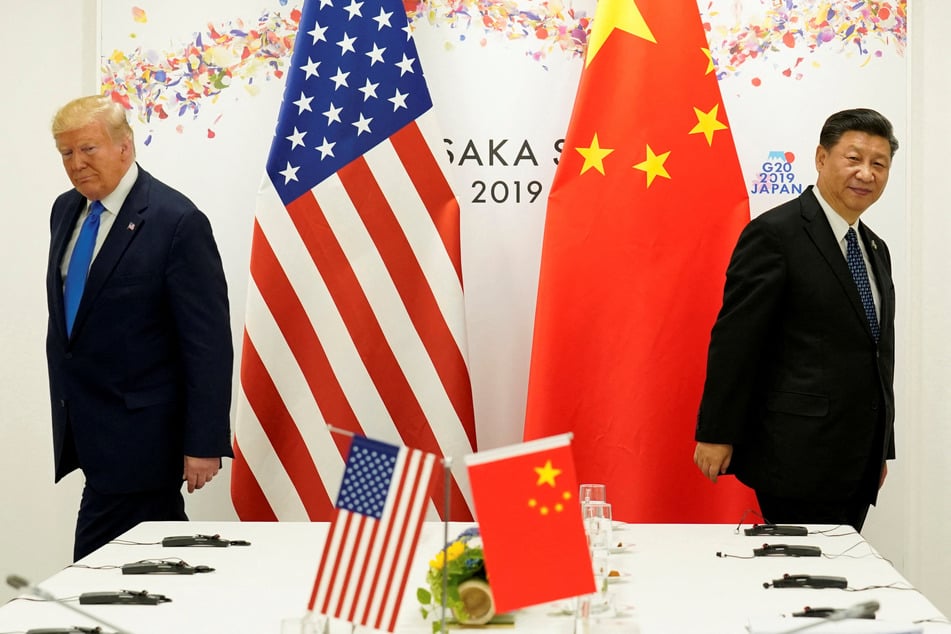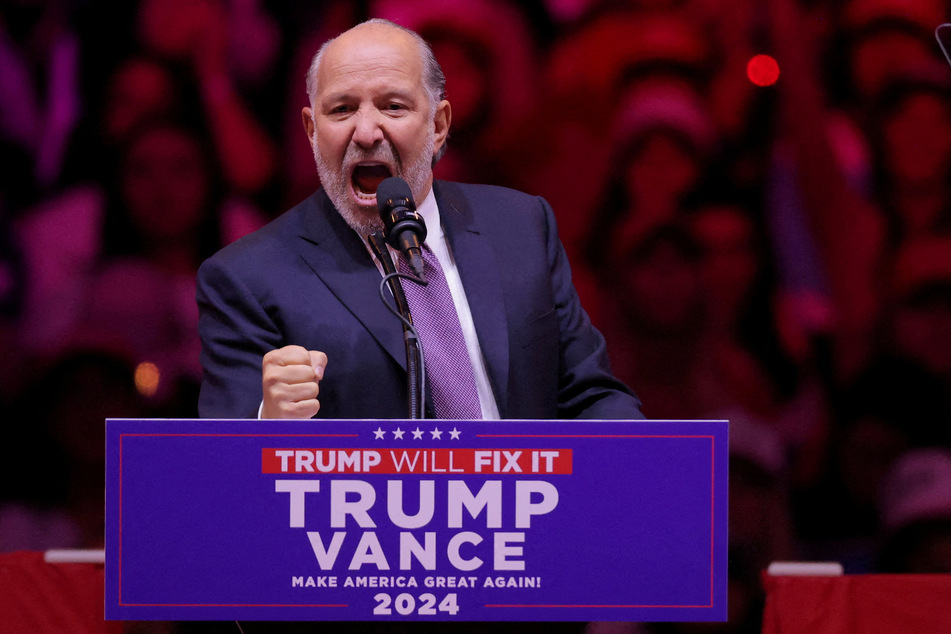Trump hits China, Canada, and Mexico with tariff announcement in new "trade war"
Washington DC - President-elect Donald Trump said Monday he intends to impose sweeping tariffs on goods from Mexico, Canada, and China, prompting a swift warning from Beijing that "no one will win a trade war."

In a series of posts to his Truth Social account, Trump vowed to hit some of the largest US trading partners with duties on all goods entering the country.
"On January 20th, as one of my many first Executive Orders, I will sign all necessary documents to charge Mexico and Canada a 25% tariff on ALL products coming into the United States," he wrote.
In another post, Trump said he would also be slapping China with a 10% tariff, "above any additional Tariffs," in response to what he said was its failure to tackle fentanyl smuggling.
Tariffs are a key part of Trump's economic agenda, with the Republican vowing wide-ranging duties on allies and adversaries alike while he was on the campaign trail.
Both China and Canada issued swift responses, each calling their trade relationships with the US "mutually beneficial."
"No one will win a trade war," Liu Pengyu, a spokesperson for China's embassy in the US, told AFP by email, defending Beijing's efforts to curb fentanyl smuggling.
"China believes that China-US economic and trade cooperation is mutually beneficial in nature," Liu added.
Trump kicks off tariff war with China again

Canada also responded, saying it was "essential" to US energy supplies, and insisted the relationship benefits American workers.
"We will of course continue to discuss these issues with the incoming administration," said the statement from Deputy Prime Minister Chrystia Freeland.
Trump's first term in the White House was marked by an aggressive and protectionist trade agenda that also targeted China, Mexico and Canada, as well as Europe.
While in the White House, Trump launched an all-out trade war with China, imposing significant tariffs on hundreds of billions of dollars of Chinese goods.
At the time, he cited unfair trade practices, intellectual property theft, and the trade deficit as justifications.
China responded with retaliatory tariffs on American products, particularly affecting US farmers.
The US, Mexico, and Canada are tied to a three-decade-old free trade agreement, now called the USMCA, that was renegotiated under Trump after he complained that the US businesses, especially automakers, were losing out.
"Mexico and Canada remain heavily dependent on the US market so their ability to walk away from President-elect Trump's threats remains limited," Wendy Cutler, vice president at the Asia Society Policy Institute, and former US trade official, told AFP.
Trump's commerce secretary eager to carry out massive tariff policy

Trump in 2018 cited national security justifications to impose tariffs on steel and aluminum imports that targeted close allies like Canada, Mexico, and the European Union.
This led to retaliatory measures from the trading partners.
Many economists have warned that tariffs would hurt growth and push up inflation, since they are primarily paid by importers bringing the goods into the US, who often pass those costs on to consumers.
But those in Trump's inner circle have insisted that the tariffs are a useful bargaining chip for the US to push its trading partners to agree to more favorable terms, and to bring back manufacturing jobs from overseas.
Trump has said he will put his commerce secretary designate Howard Lutnick, a China hawk, in charge of trade policy.
Lutnick has expressed support for a tariff level of 60% on Chinese goods, alongside a 10% tariff on all other imports.
Cover photo: Collage: Unsplash/Chris Kursikowski & Alejandro Luengo & Samarth Kulkarni & REUTERS

